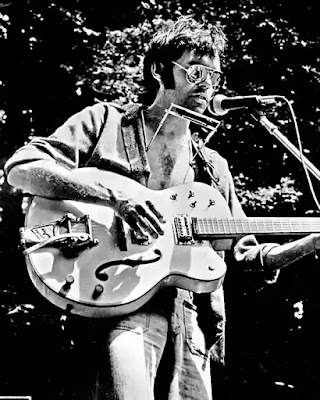Escrita por John Denver, foi gravada em 1977 e lançada em compacto com Tradewinds como Lado B, e saiu também no disco de mesmo nome, o décimo segundo da Denver, ambos em novembro de 1977. Foi produzida por Milton Okun e John Snyder. John Denver escreveu a canção depois do cantor folk Harry Chapin promover para o presidente Jimmy Carter a ideía de uma comissão pra cuidar da fome mundial. Denver escreveu essa canção pra ser o tema dessa comissão. Como toda idéia esquerdista é uma merda, a comissão não produziu nada.
A letra:
There
are children raised in sorrow
On a scorched and barren plain
There
are children raised beneath a golden sun
There are children of the
water
Children of the sand
And they cry out through the
universe
Their voices raised as one
I want to live I want to grow
I want
to see I want to know
I want to share what I can give
I want to
be I want to live
Have you gazed out on the ocean
Seen
the breaching of a whale?
Have you watched the dolphins frolic in
the foam?
Have you heard the song the humpback hears five hundred
miles away
Telling tales of ancient history of passages and home?
I want to live I want to grow
I want
to see I want to know
I want to share what I can give
I want to
be I want to live
For the worker and the warrior the
lover and the liar
For the native and the wanderer in kind
For
the maker and the user and the mother and her son
I am looking for
my family and all of you are mine
We are standing all together
Face to
face and arm in arm
We are standing on the threshold of s dream
No
more hunger no more killing
No more wasting life away
It is
simply an idea
And I know its time has come
I want to live I want to grow
I want
to see I want to know
I want to share what I can give
I want to
be I want to live
A versão de John Denver:

















